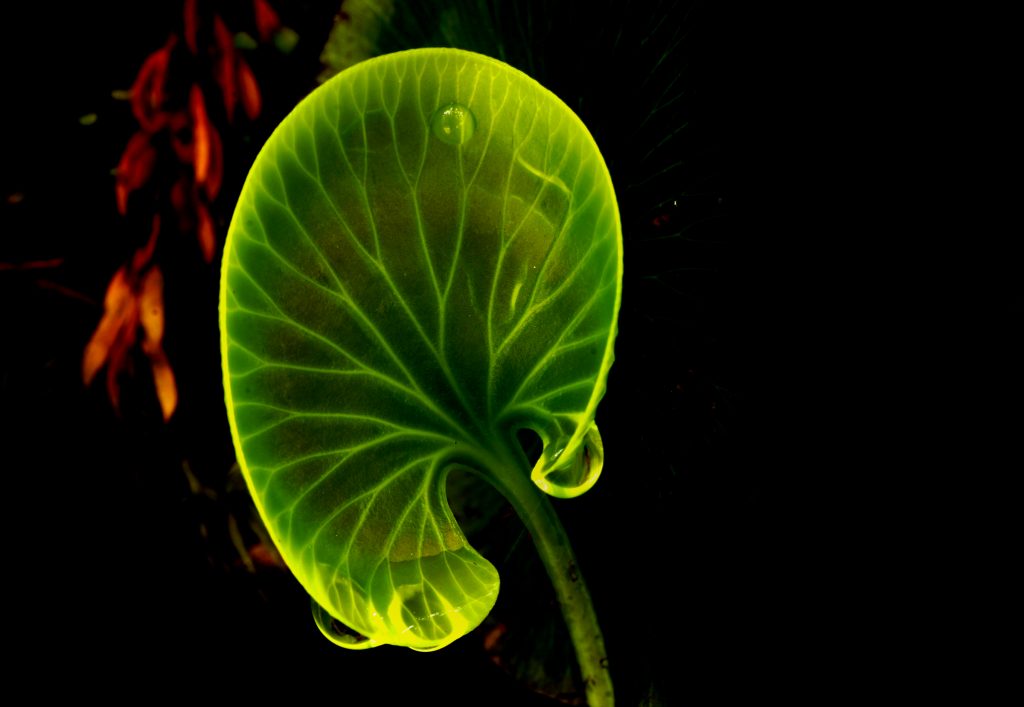
Improving Chronic Kidney Disease with a Plant-Based Lifestyle
Photo Credit: Dimitry Grigoriev, via Flickr Creative Commons
Chronic Kidney Disease (CKD) is a progressive disease that is characterized by a gradual loss of kidney function over time. It can eventually lead to kidney failure and it increases our risk of cardiovascular disease by thirty percent. The prevalence of CKD is growing rapidly, especially in people over the age of 60. The NIH reports that approximately 26 million Americans have chronic kidney disease (CKD) and 1 in 3 are at risk for developing it.
A comprehensive low-fat, plant-based can be beneficial in both preserving and improving the function of your kidneys
The Most Common Causes
Diabetes and high blood pressure are the most common causes of CKD. Other risk factors may include family history and inherited disease such as polycystic kidney disease, kidney stones, recurrent urinary infections, autoimmune disorders, inflammatory diseases that can damage the kidneys, and excess amounts of phosphate, which is an additive in processed foods.
Early Detection and A Plant-Based Approach
Early detection of CKD is key to managing the disease. Studies also show that adopting a healthy lifestyle such as a comprehensive low-fat, plant-based approach like Ornish Lifestyle Medicine can be beneficial in both preserving and improving the function of your kidneys. A 2015 study published in the American Journal of Kidney Disease shows better kidney function along with lower mortality in those with CKD following a plant-based diet. Managing your blood pressure and blood sugars are also important steps in keeping your kidneys healthy.
If you have CKD it is very important to consult your doctor before making any dietary changes and work closely with your doctor and medical team by obtaining the necessary labs, especially if you have later stages of CKD.
Phosphorus and Your Kidneys
The kidneys are two bean shaped organs about the size of your fist. One of their main jobs is to filter out the “bad stuff” and keep the good. Your kidneys filter wastes products such as excess water, phosphorus, harmful toxins, drugs, metabolites, and electrolytes out of your bloodstream. This waste is then excreted through about 1 to 2 quarts of urine a day. In addition, the kidneys regulate and maintain your body’s chemical balance and produce hormones that regulate blood pressure, the maintenance of healthy bones and production of red blood cells.
The kidneys are one of the main organs that detoxify your blood, so if the function of the kidneys progressively gets worse, they can’t properly filter your blood, wastes build up, and complications can occur such as high blood pressure, anemia, weak bones, nerve damage and heart disease.
When kidney function starts to decline, phosphorus, which is a mineral that is found in protein foods (both plant and animal) can build up in excess. High phosphorus levels cause an imbalance with calcium and phosphorus, which can lead to calcium deposits in the kidneys, heart valves, muscles and other parts of the body. It’s important, however, to consider whether the protein is plant or animal protein because the absorption of phosphorus differs from animal protein than plants.
A 2011 study published in the Clinical Journal of the American Society of Nephrology shows that those following a vegan diet compared to those eating meat had lower levels of phosphorus. It turns out that phosphorus in plant foods is less bioavailable, which means it is not absorbed as well as phosphorus from animal sources. This lack of absorption limits the amount of phosphorus load on the kidneys and reduces the risk of complications caused by excess phosphorus that can lead to heart disease, diabetes, and further kidney decline caused by vascular calcification. Another study published in 2010 by the American Society of Nephrology showed a decline of kidney function in diets higher in animal protein, animal fat, and cholesterol and improved kidney function with those who followed a plant-based approach.
More on Phosphate
Phosphates, which contains phosphorus, are often added to processed foods including dairy, cereals, and soda has also been shown to contribute to vascular damage, which can lead to the progression of CKD even in healthy individuals. Excess amounts of phosphate for those with CVD can quickly lead to kidney failure.
Phosphate is not required to be listed on nutrition labels, so it is important to read the ingredients on packaged foods and beverages to look for hidden sources of phosphate which includes phosphoric acid and sodium phosphate. Phosphate is often added to processed meats and many beverages, especially colas. Artificial phosphate is absorbed differently than naturally occurring phosphate (phosphorous) and can contribute to excess amounts in the bloodstream, which will in turn lead to complications, especially those in the later stages of CKD.
Limiting Sodium, Potassium, and Phosphorus
Depending on the extent of your CKD, your doctors may recommend lowering sodium, phosphorus and potassium. Sodium tends to be low on a whole food, plant-based approach if you are limiting processed and packaged foods, however, it is helpful to limit salt in cooking and avoid using salt at the table. Choose lower sodium products such as low sodium soup and sauces, and use spices to season instead of salt.
In this Ornish Living article Spice it Up: It’s Good for You, you will find helpful tips for using herbs and spices, along with many delicious recipes. It is helpful to become aware of the plant-based foods that are high in phosphorus such as whole grains, bran cereals, wheat germ, beans and dried peas, soy and cocoa. If you have later stage CKD, your doctor or renal dietitian may provide you with specific recommendations for limiting phosphorus, potassium and sodium.
How is your kidney health?








